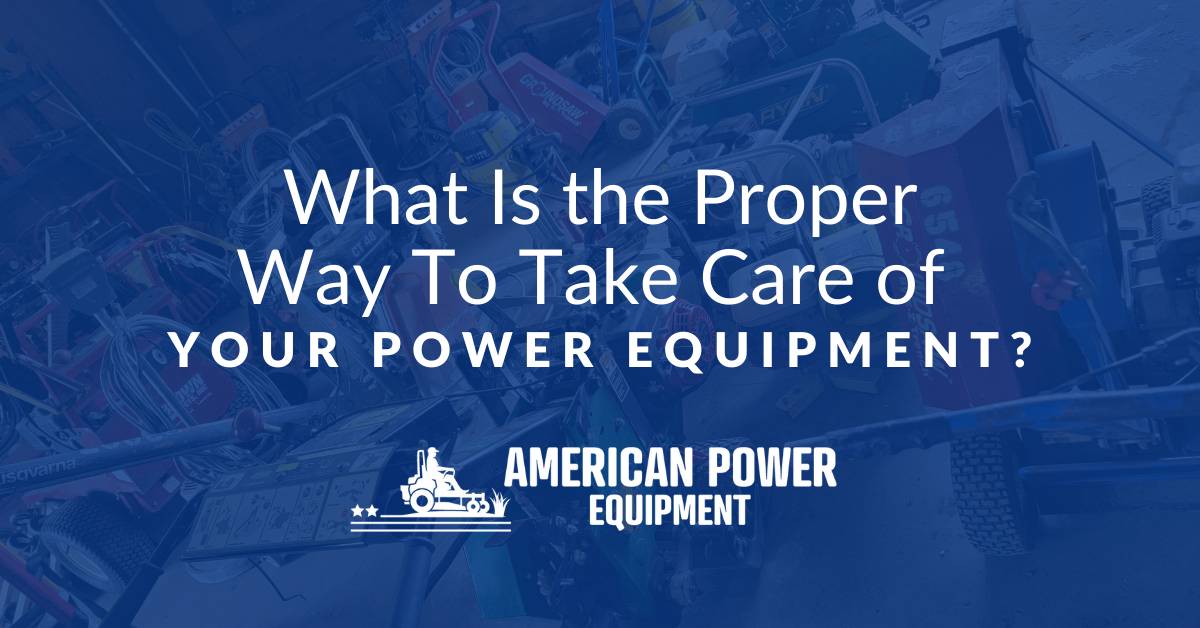Power tools are well-known for their time-saving capabilities. They assist us in completing any assignment, big or small, and they take a hammering in the process. When was the last time you gave your power equipment some TLC? After all, they require maintenance to function effectively and give the precision and power that we expect from them with every use. A little extra care will help extend the life and functionality of your tools.
If you treat your tools well, they will treat you well. To begin, try to be delicate with your tools. While most power tools have tough casing and are resistant to impact damage, there’s no reason to put those features to the test outside of typical use. Make every effort not to drop your tools; don’t throw them to coworkers or use them for anything other than their original use. (A user’s handbook is a great place to learn about a tool’s intended use and how to care for it.) Nothing makes us happier than tools that work better than intended.
Another important element in ensuring a longer tool life is keeping your power tools clean and free of debris. Clean the base of your power tools with a cloth and toothbrush after each use to remove dust, debris and grime. While some tool owners use an air compressor to pump air through the vents, many experts advise against doing so because it might cause particles to enter the tools’ more sensitive parts, causing more harm than good. Instead, carefully shake out any remaining material before vacuuming it up. Larger chips that won’t shake loose from vents and pipes can be removed using tweezers or a flexible pipe cleaner.
Check your power tools for performance concerns and address any issues you find quickly, either on your own or by sending the items to a shop before minor issues become major issues. Cables becoming exposed, frayed or nicked is a common problem with corded instruments, which can be dangerous to users and people nearby, not to mention the tool itself. Damaged cords should be repaired or replaced right away.
When power tools aren’t going to be used for a while, keep them in their original cases or wrap them in a protective cloth or similar covering. This shields them from the environment, scratches, nicks, falls and a variety of other potentially harmful situations. Even protected instruments should not be stored in cold, hot or damp environments, as these circumstances will shorten their lifespan. Surface rust can also be reduced by adding desiccant packets to a toolbox or storage drawer. If there will be a short period between usage, make sure tools are correctly stowed to avoid damage.
Are you looking for power tools for your next project? At American Power Equipment, all of our equipment is designed with you in mind. We aim to provide you with quality tools and reliable service that you can depend on. We are proud to be locally owned and operated and would love to discuss your project and power equipment needs with you. Please don’t hesitate to contact us by giving us a call at (251)-325-3019.



